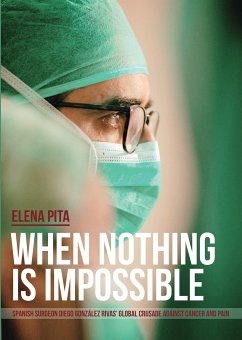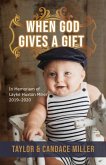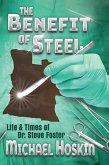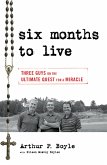Impossible is nothing. With that as his motto, Spanish surgeon Diego González Rivas takes up his fight against cancer and pain. Using his revolutionary technique, Uniportal VATS, he can remove the most complicated tumors from the lungs through a single incision, sometimes with only local anesthetic, sending his patients home a mere 48 hours after surgery. Doctor González Rivas (A Coruña, 1974) dislikes calling himself brave, preferring instead to point to his experience. Every year alone, he performs more than 800 major surgeries around the globe, half of them at Shanghai Pulmonary Hospital. In his quest to teach his technique to as many surgeons as possible, he travels the world at such an intense pace, that on many mornings he awakes not knowing where he is. The first to open a surgery channel on You Tube, he is also one of the most active doctors in disseminating surgical advances on social media.
Dieser Download kann aus rechtlichen Gründen nur mit Rechnungsadresse in A, B, BG, CY, CZ, D, DK, EW, E, FIN, F, GR, H, IRL, I, LT, L, LR, M, NL, PL, P, R, S, SLO, SK ausgeliefert werden.









